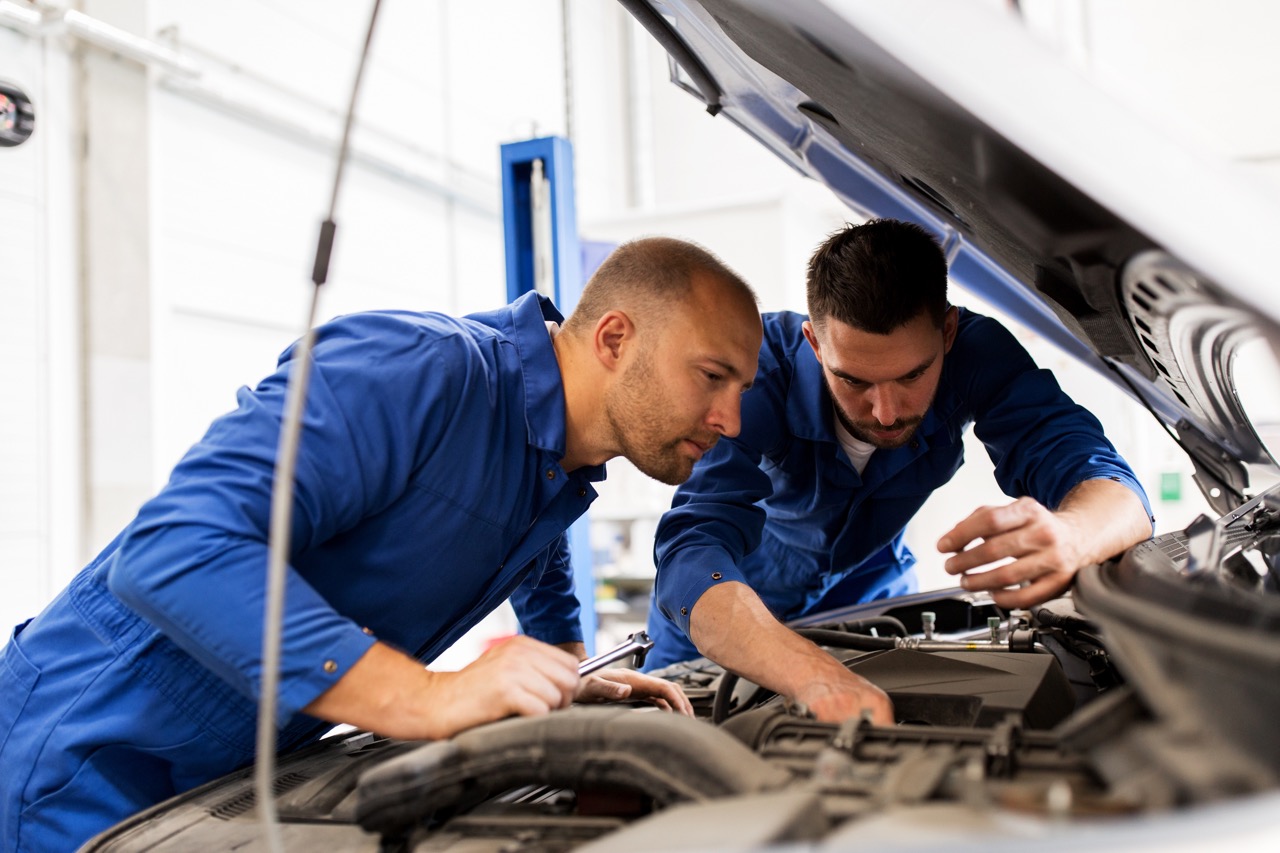
When a car comes to the end of its life, it can be stressful thinking about the new vehicle that will eventually have to take its place. Of course, such a thing isn’t cheap. The reality is that most of us do not have enough cash lying around to pay for a vehicle in full. A new car means a car note. If you’re like most, you’ll do everything you can think of to avoid adding more expenses to your monthly budget but sometimes it is just plain necessary. Here are three signs that may indicate it’s time to bite the bullet and invest in a newer vehicle.
The Money Pit
Just like some homes, some vehicles are money pits. It doesn’t matter how much money you put in, you always find yourself without transportation, because your car is back in the shop. At the end of the day, some of the investment in the old car may have gone a long way towards a new one.
Damage Beyond Repair
Vehicles need routine and regular maintenance. Oil changes, brake pads, filter replacement, etc. If you ignore routine maintenance, you’re going to end up paying for a lot of car repairs on the back end. That’s pretty basic, right? When do you decide there is damage beyond repair? When is it enough?
If you’re doing the routine things every month and keeping those appointments with your local mechanic, but continue to have problems, there are really only two questions to ask: Is it the vehicle, or Is it the operator?
Once you’ve identified those things, can the damage be fixed at minimal cost? What have you read online about your vehicle? How many other owners have this same problem? How much is it going to cost to fix the problem? If you repair the damage, how long will it stretch out the life of the vehicle?
Engine Issues
There’s a reason you should change your oil every 4,000-6,000 miles. If your engine dries up, because there is no oil in it or if the oil is so old that it’s not clean, you could end up damaging your engine. Things like shredding the pistons come to mind. If you begin to see white smoke coming from your tailpipe or puddles of oil can be found on the ground below your vehicle, you clearly have a leak. Regular routine changes are the way to go, to be sure this doesn’t happen. Once you’re in this area, though, it’s definitely time to consult with a mechanic. And hopefully, your engine is okay and they can find the leak.
Of course, a myriad of other issues can spring up anytime. Owning and operating a vehicle requires some responsibility. It’s vital that you consult regularly with your mechanic. If you’re in the area, Master Muffler Clearfield can help you with your oil change needs, brake pads, brake replacements, and other car repairs. You don’t have to wait until you’re in a money pit situation or when you have damage beyond repair. Let the experts help you to keep your vehicle running in optimal condition.
Related Posts
Key Takeaways On average, passenger vehicle tires last 40,000 to 60,000 miles, depending on type, driving habits, and maintenance. Replace tires when tread depth reaches 2/32”, if damaged, or older than 10 years. Regular rotation, alignment, and proper inflation extend tire life. Aggressive driving, poor roads, and harsh weather shorten tire lifespan. Take advantage [...]
When you think about car maintenance, you probably focus on oil changes, tire rotations, and maybe even brake pad replacement. But what about your brake fluid? If you’ve ever wondered, “What does brake fluid do?” or “Why is brake fluid important?”, you’re not alone. Brake fluid might not be the most talked-about part of [...]
Is that high-pitched squeal from your brakes driving you—and everyone else—crazy? Don’t ignore it. Squeaky brakes aren’t just annoying, they’re your car’s way of saying something needs attention. Whether you're cruising through Salt Lake City or winding up Idaho’s mountain passes, here’s what’s likely going on, how you can fix it, and when it [...]





